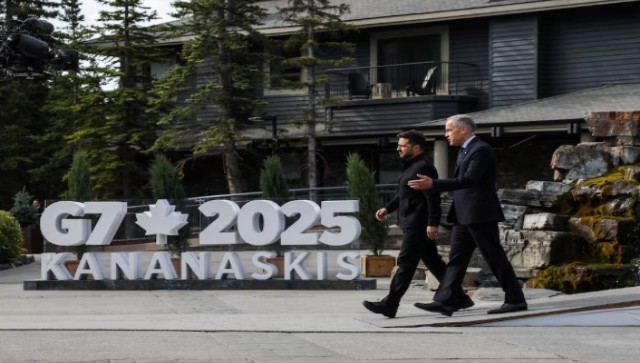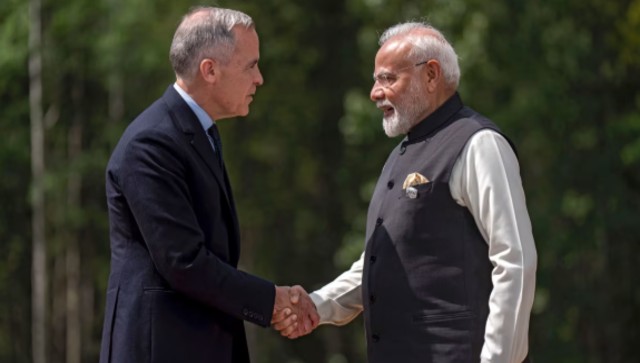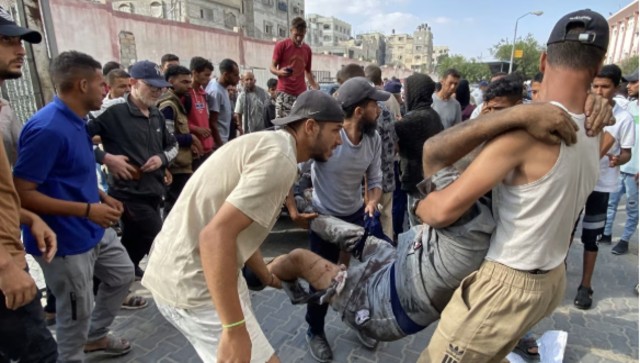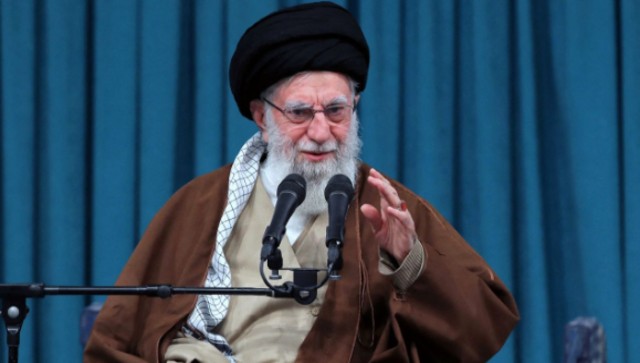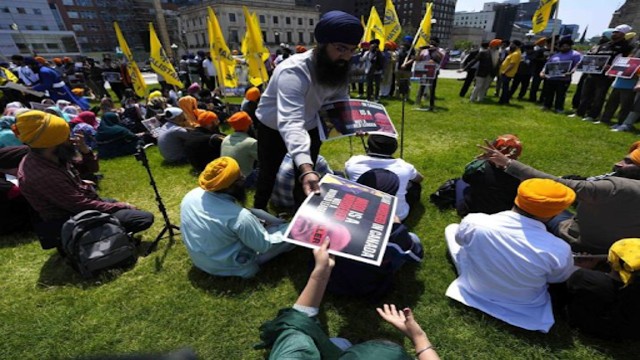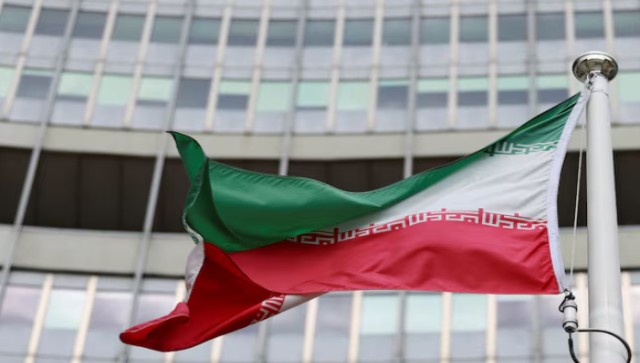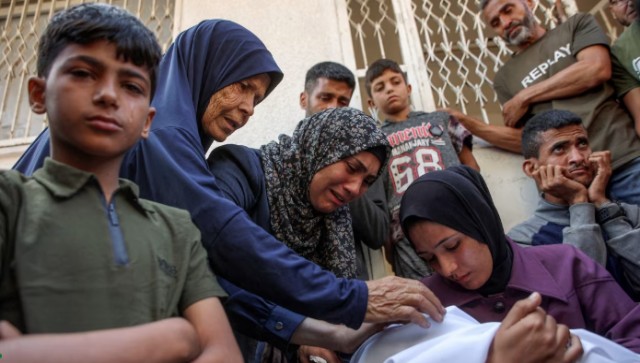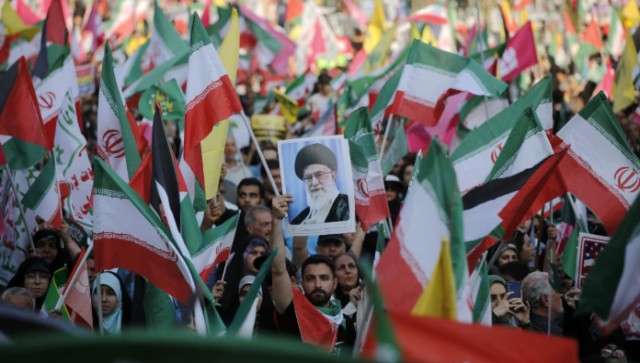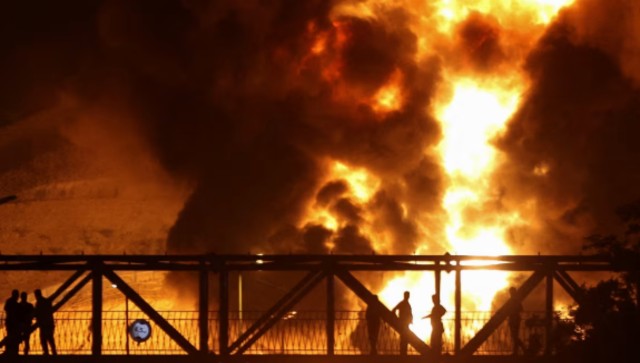
People watch from a bridge as flames from an Israeli attack rise from Sharan Oil depot, following Israeli strikes on Iran, in Tehran, Iran, June 15, 2025.
A familiar paradox is unfolding in the Middle East. Russia, long known for its deep ties with regional powers, finds itself in a precarious yet profitable position. The current Iran-Israel conflict has exposed the fragile balance in the Kremlin’s foreign policy—where losing an ally might just mean gaining influence and economic benefit.
Kremlin’s Awkward Balancing Act
Russia has long invested in strategic alliances across the Middle East. Among its most significant partners is Iran. Their cooperation has ranged from arms and drone supplies to a shared resistance against Western influence. However, as Israeli airstrikes weaken Iran militarily and politically, Moscow appears to be standing on the sidelines.
Though Russian officials have condemned Israel’s actions, calling them “illegal” and “dangerous,” no concrete steps have been taken to aid Tehran. This reflects a harsh reality: the Russia-Iran alliance was always more transactional than committed.
Economic Winds Blow in Russia’s Favor
Despite losing a key ally, the crisis has offered Moscow something invaluable—rising oil prices. As a top global energy producer, Russia thrives when oil markets are rattled. The uncertainty surrounding Iran, a fellow oil-rich nation, has driven crude prices higher, boosting Russia’s revenue significantly.
In a time of Western sanctions and economic pressure due to the Ukraine war, this windfall provides the Kremlin much-needed financial relief.
Diplomatic Leverage in a Time of Isolation
Beyond economics, the Iran-Israel conflict is reshaping Moscow’s geopolitical image. Years of diplomatic isolation due to the Ukraine invasion had sidelined Russia from many international negotiations. Now, with both Washington and Tehran embroiled in Middle East tensions, Putin sees a chance to re-enter the global diplomatic stage.
President Vladimir Putin is uniquely positioned. He maintains communication lines with Iran, Israel, and the United States. That gives Russia a potential role as mediator—a role Putin seems keen to embrace. In recent conversations with U.S. President Donald Trump, Putin hinted at reviving cooperation on the Iranian nuclear issue, echoing past collaborations.
New Common Ground with Washington?
Since President Trump’s re-election, there’s been a subtle push from both Moscow and Washington to diversify their interactions beyond Ukraine. Iran’s nuclear ambitions, energy cooperation, and Arctic interests have reemerged as possible zones of engagement.
Russia’s willingness to mediate between Israel and Iran could present the White House with an opportunity: involve Moscow in conflict resolution while sidestepping the direct entanglement the U.S. typically seeks to avoid.
Ukraine Loses Spotlight
While the Kremlin eyes Middle East diplomacy, Ukraine suffers a different fate. With media and political focus shifting to the escalating situation between Iran and Israel, attention on Ukraine’s plight has waned.
Russian missile and drone strikes on Ukrainian cities continue to cause devastation. Yet, the world's gaze is now fixed elsewhere—exactly what the Kremlin might have hoped for. For Ukraine, the reduced global focus means fewer headlines, potentially less support, and greater vulnerability.
Middle East Crisis: A Kremlin Opportunity
In geopolitical terms, the Iran-Israel conflict is messy. But for Russia, the chaos offers a strange advantage. It masks its aggressive tactics in Ukraine, boosts its economy through oil price hikes, and positions it as a crucial diplomatic player once again.
Despite the damage to its alliance with Iran, Russia is leveraging the conflict to gain global relevance. The Middle East crisis, once a threat, has become a tool for Putin’s strategic ambitions.


